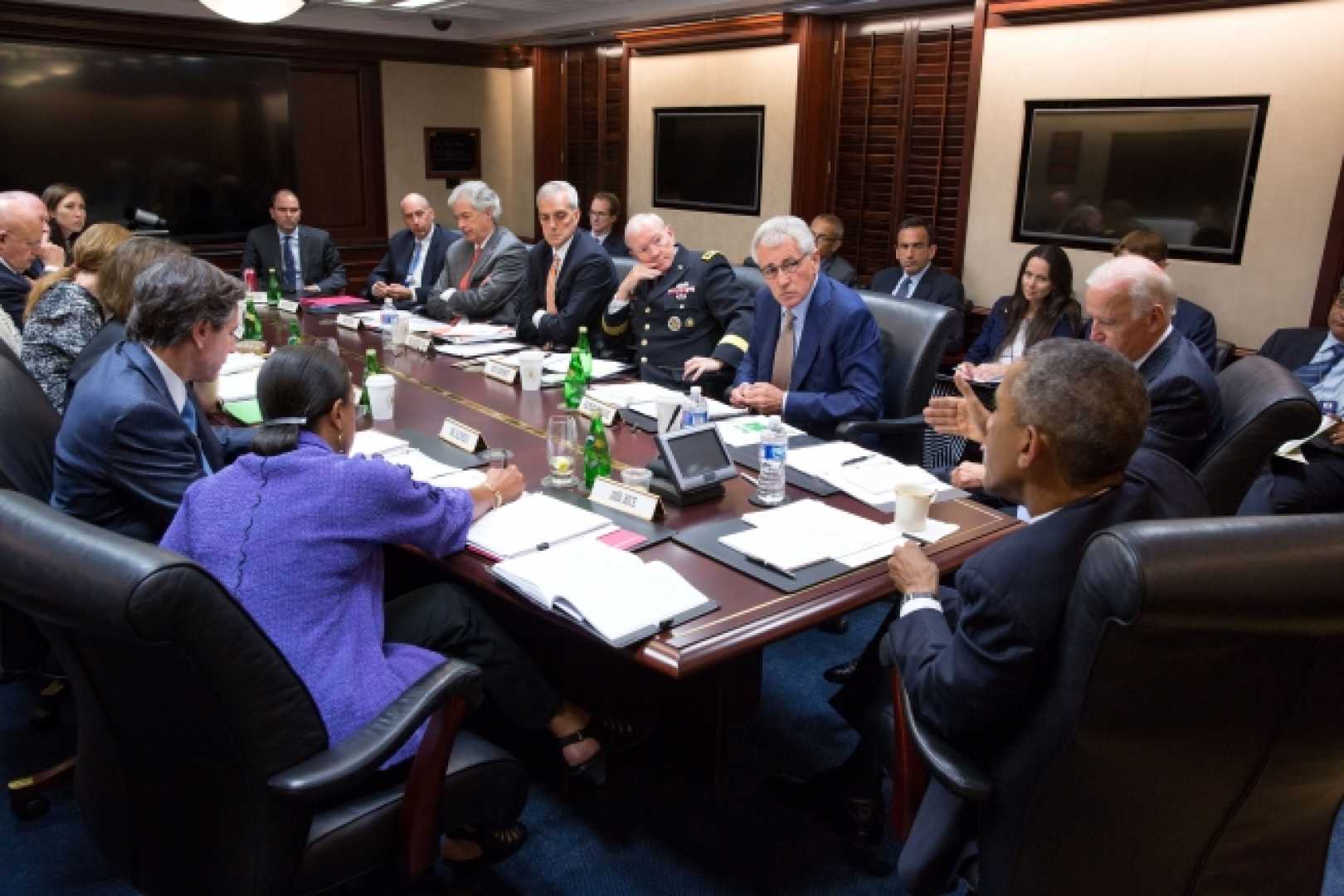Politics
Trump Administration Vets NSC Staff for Loyalty Ahead of Inauguration

WASHINGTON (AP) — Incoming senior Trump administration officials have begun questioning career civil servants at the White House National Security Council (NSC) about their political affiliations, social media activity, and voting history, according to a U.S. official familiar with the matter. The vetting process, which began last week, has raised concerns about the potential removal of experienced national security experts ahead of critical global challenges.
At least some of the nonpolitical employees, who were initially told they would remain in their roles, have started packing their belongings after being questioned about their loyalty to President-elect Donald Trump. The NSC, which advises the president on national security and foreign policy, traditionally retains many career staffers across administrations to ensure continuity and expertise.
Trump’s pick for national security adviser, Mike Waltz, recently stated his intention to replace all nonpolitical appointees and career intelligence officials by Inauguration Day. “Everybody is going to resign at 12:01 on January 20,” Waltz told Breitbart News. “The folks that we’re bringing in are 100 percent aligned with the president’s agenda.”
Current White House National Security Adviser Jake Sullivan has urged the incoming administration to retain experienced staff. “Given everything going on in the world, making sure you have in place a team that is up to speed and ready to continue serving is really important,” Sullivan said during a press briefing. He described the career appointees as “patriots” who have served “without fear or favor for both Democratic and Republican administrations.”
The NSC staff members under scrutiny are largely subject matter experts temporarily assigned to the White House from federal agencies such as the State Department, FBI, and CIA. If removed, they would return to their home agencies. The vetting process has reportedly included questions about political contributions and social media posts, with some employees being asked to justify their loyalty to Trump’s agenda.
Critics argue that such vetting could undermine national security by removing institutional knowledge and discouraging open policy discussions. Virginia Rep. Gerry Connolly, the top Democrat on the House Oversight and Government Reform Committee, warned that the approach “threatens our national security and our ability to respond quickly and effectively to global threats.”
Trump’s first term was marked by tensions with career officials, including whistleblowers who raised concerns about his actions. Alexander Vindman, a former NSC official who reported Trump’s controversial phone call with Ukraine’s president, said the current vetting process “will have a chilling effect on senior policy staff across the government.” He added, “Talented professionals, wary of being dismissed for principled stances or offering objective advice, will either self-censor or forgo service altogether.”
The NSC, established during the Truman administration, has historically relied on a mix of political appointees and career experts to provide balanced advice on national security matters. The incoming administration’s approach signals a departure from this tradition, with a focus on loyalty over experience.












